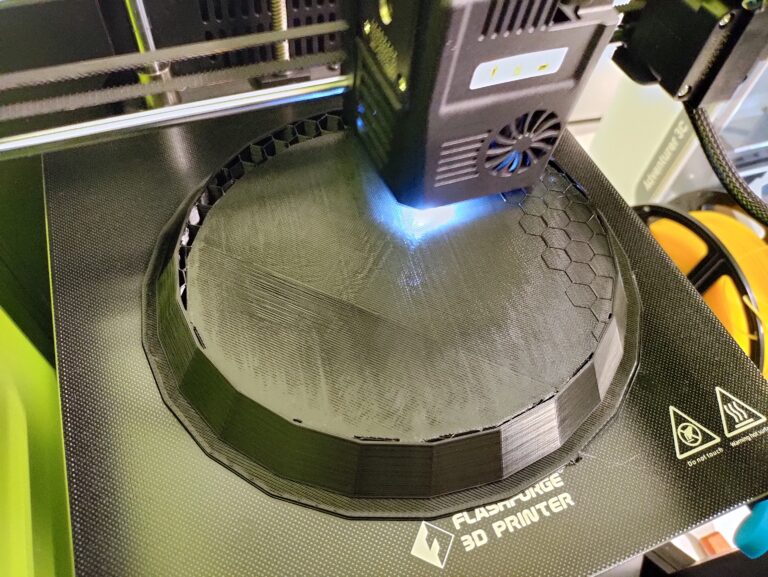Learning Games by The Organized Classroom Blog
This post may contain affiliate links, view our disclosure policy for details.
Learning games are great to break up the tv viewing times at home or the car rides to and from activities. Not only will your children love to play any type of game you have, these games require little prep work.
Reading: An easy way to practice comprehension after completing a story is to purchase plain beach balls. On the beach balls in permanent marker, write several different comprehension questions. A couple of good ones to try would be “What was the setting of the story?” or “Who was your favorite character and why?” From this point, you and a child will take turns tossing or rolling the ball gently to one another. Whichever question is closest to the child’s right thumb is the one he or she must answer. Continue in this fashion until you have answered all the questions. Can be repeated for any story that is read. You can always make one for fiction, and another for nonfiction books.
Spelling: I like to practice spelling words before the test on Fridays by playing a spelling bee-type of game. My child begins by sitting on the kitchen table or countertop (this is a novelty in itself). I give the child a word, and then we take turns back and forth, giving the next letter in the spelling word. If an incorrect letter is given, he or she must sit on a regular chair, and spell the entre word until it is correct. Hints can be given, but make sure you return to that word later in the game until it is mastered.
Math: Higher or Lower is my game of choice for math. It is not only strengthening place value concepts, but it is also a listening game (which is code for quiet). I begin by stating “I am thinking of a number between
1 and ___.” I always start with an easy range from 1 to 100, but with each game I raise the stakes until we have a range of 1 to 100,000. Once I have decided upon my number, each child in the family gets a chance to guess the number. I simply state that “my number is higher (or lower) than ___ (the number that was guessed). Eventually the children narrow it down and pick the winning number. I allow the “winner” to choose the next number and take over for me, with me playing the game the next time as a guesser. They love when they don’ t have to do all the work!
Social Studies: Using a blow-up globe at home, the children take turns tossing (or rolling it) to one another. This game is similar to the reading comprehension ball in that the students are looking to see where their right thumb lands on the globe. For this game though, the children will have to state what continent or ocean that thumb has landed on. This also works great for countries, hemispheres, and latitude and longitude.
Having fun learning at home is important for the family. So get to work playing!
Charity L. Preston is an author, teacher, and parent. Most importantly, she is an educator in all roles. The ability to teach someone something new is a gift that few truly appreciate. Visit her now at The Organized Classroom Blog or to sign up for a free child/student motivation program to find out what best motivated your child!



those are useful ideas (for me, i'm a prek teacher, lol)
Hey there, new follower from PITM
🙂
Love you to come on over to
http://havesippywilltravel.blogspot.com/
it's nice information for about learning games.learning educational games good for every children's bran.